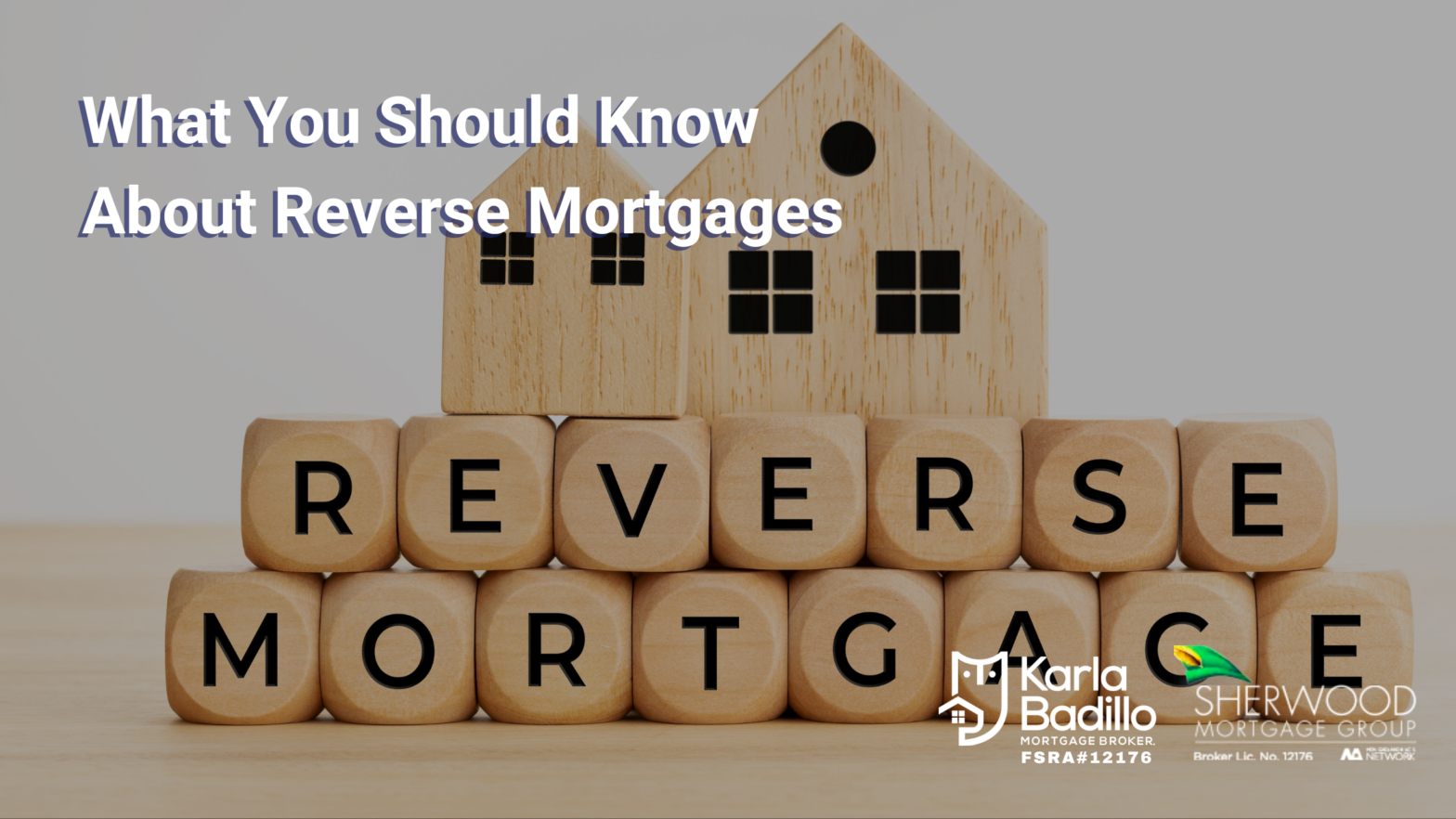
For many Canadian homeowners aged 55 and older, their home isn’t just a place to live—it’s a nest egg, a testament to years of hard work and investment. But what if you could unlock its value without selling it? That’s where reverse mortgages come into play.
Exploring Reverse Mortgages
A reverse mortgage is a tailored financial product designed for seniors. It allows you to borrow against your home’s equity, providing tax-free cash without the need for monthly mortgage payments. This can empower you to enhance retirement income, cover unexpected expenses, or invest in home improvements.

Key Considerations
While reverse mortgages offer significant benefits, it’s essential to consider key factors:
- Equity Limits: Typically, you can borrow up to 55% of your home’s appraised value, influenced by age and co-borrowers.
- Interest Rates: Reverse mortgages generally carry higher interest rates compared to traditional mortgages, with interest accumulating over time.
- Impact on Benefits: Government benefits like Old Age Security (OAS) or the Guaranteed Income Supplement (GIS) remain unaffected.

When a Reverse Mortgage is Beneficial
A reverse mortgage may be advantageous for Canadian seniors in these scenarios:
- Supplementing Retirement Income: If your pension and savings aren’t sufficient, a reverse mortgage provides steady income.
- Handling Unexpected Expenses: Large medical bills or home repairs can strain finances; a reverse mortgage offers funds for such situations.
- Home Improvements Without Moving: Fund renovations to enhance accessibility or upgrade your home, maintaining comfort in familiar surroundings.
- Managing High Housing Costs: Property taxes and upkeep can burden fixed incomes; a reverse mortgage can ease financial strain.

When a Reverse Mortgage Might Not Be Suitable
However, a reverse mortgage might not be suitable if:
- Inheritance Plans: If you intend to leave your home to heirs, a reverse mortgage reduces the equity available to them over time.
- Existing Debts: Adding debt may worsen financial stability; address other debts before considering a reverse mortgage.
- Future Living Arrangements: Uncertainty about moving into assisted living or a care facility could complicate your ability to keep the home.

Carefully weigh the advantages and disadvantages, and consult with a mortgage broker to determine if a reverse mortgage aligns with your financial goals. While beneficial for financial flexibility, consider potential drawbacks like increased debt and implications for heirs.
Remember, reverse mortgages aren’t universally suitable. Your broker will compare rates across lenders to ensure the best representation. For further insights, seek independent financial advice tailored to your circumstances.

